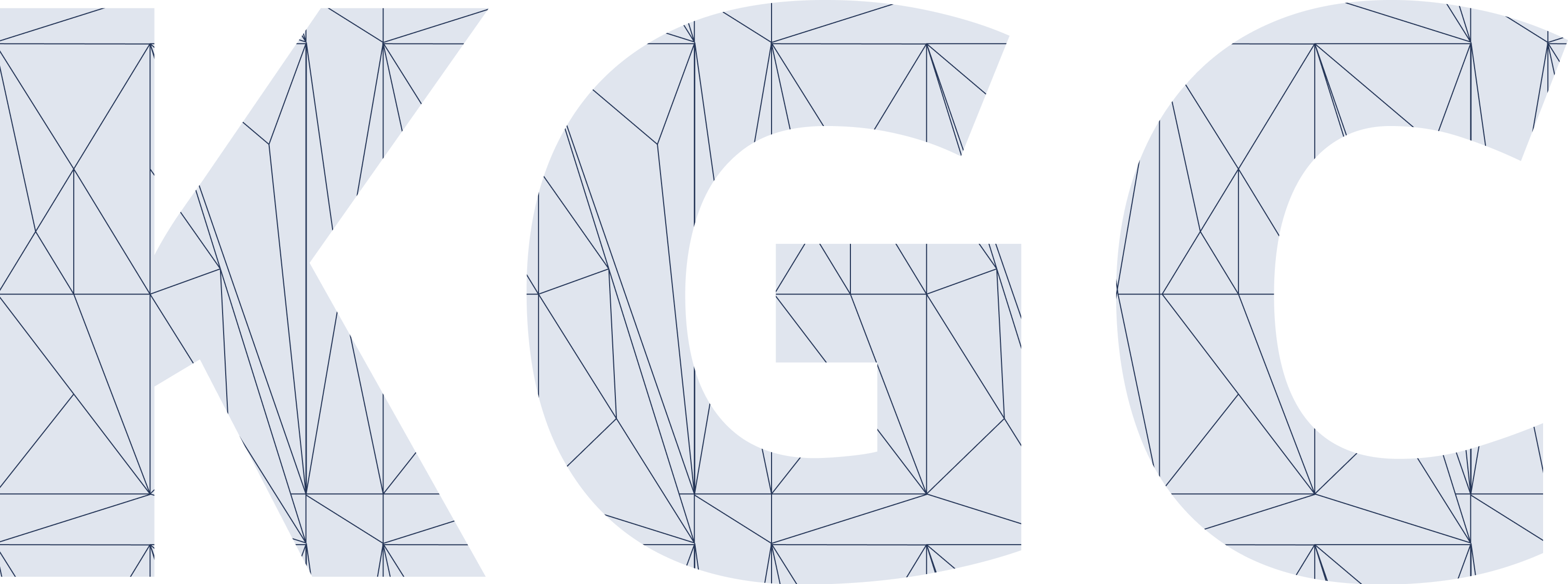Maulik Kamdar
Optum Health
Director of Clinical Informatics
Biography
Maulik Kamdar PhD is the Director of Clinical Informatics at Optum Health. His research interests include Semantic Web, information retrieval, ML/NLP, graph analytics, visualization, biomedical informatics, and operationalized data science. Through previous roles at Kaiser Permanente, Elsevier Health, Stanford University, NUI Galway, and Reactome Consortium, Maulik has worked to develop novel data science methods, enterprise knowledge graphs, and features within Web-based applications that have 10K+ users, such as KPOrg Digital Platform, Elsevier’s ClinicalKey Search, WebProtégé, Data.Gov.IE and the Reactome.Org Pathway Browser. He has a PhD in Biomedical Informatics from Stanford University, and his dissertation research was awarded the American Medical Informatics Association (AMIA) 2020 Dissertation Award. Maulik has widely collaborated with researchers from several institutes on interdisciplinary projects and has published more than 30 papers (including 5 best paper awards) in several venues. Maulik resides in the city of Atlanta with his wife and their Sheepadoodle, and they love exploring the US national parks, running long distances, and cooking new cuisines.
Talks and Events
Web-Scale Data Integration in Life Sciences and Healthcare through Knowledge Graphs
Biomedical data and knowledge are expanding exponentially in the 21st century. In this talk, I will present how Knowledge Graph technologies are increasingly being developed and leveraged in academia and industry to tackle complex data integration challenges in life sciences and healthcare. I will showcase how these technologies are currently being used in several different areas, such as drug discovery and safety, clinical search and decision support, biomedical research, and disease monitoring. These technologies, in conjunction with machine learning methods, enable the capture, representation, and provision of ever evolving and expanding biological and medical data and knowledge. I will end the talk with my perspective on some of the major bottlenecks that currently hinder the wide-spread adoption of knowledge graphs and discuss some of the next directions and technical solutions to mitigate these bottlenecks. Eventually, these technologies will enable the development of scalable platforms that can support artificial intelligence methods for augmenting human intelligence to achieve better clinical outcomes for patients, to enhance the quality of biomedical research, and to improve our understanding of living systems.
Track: Business Use-Cases
Session Topics:
- Applications in domains: Health Care and Life Sciences
